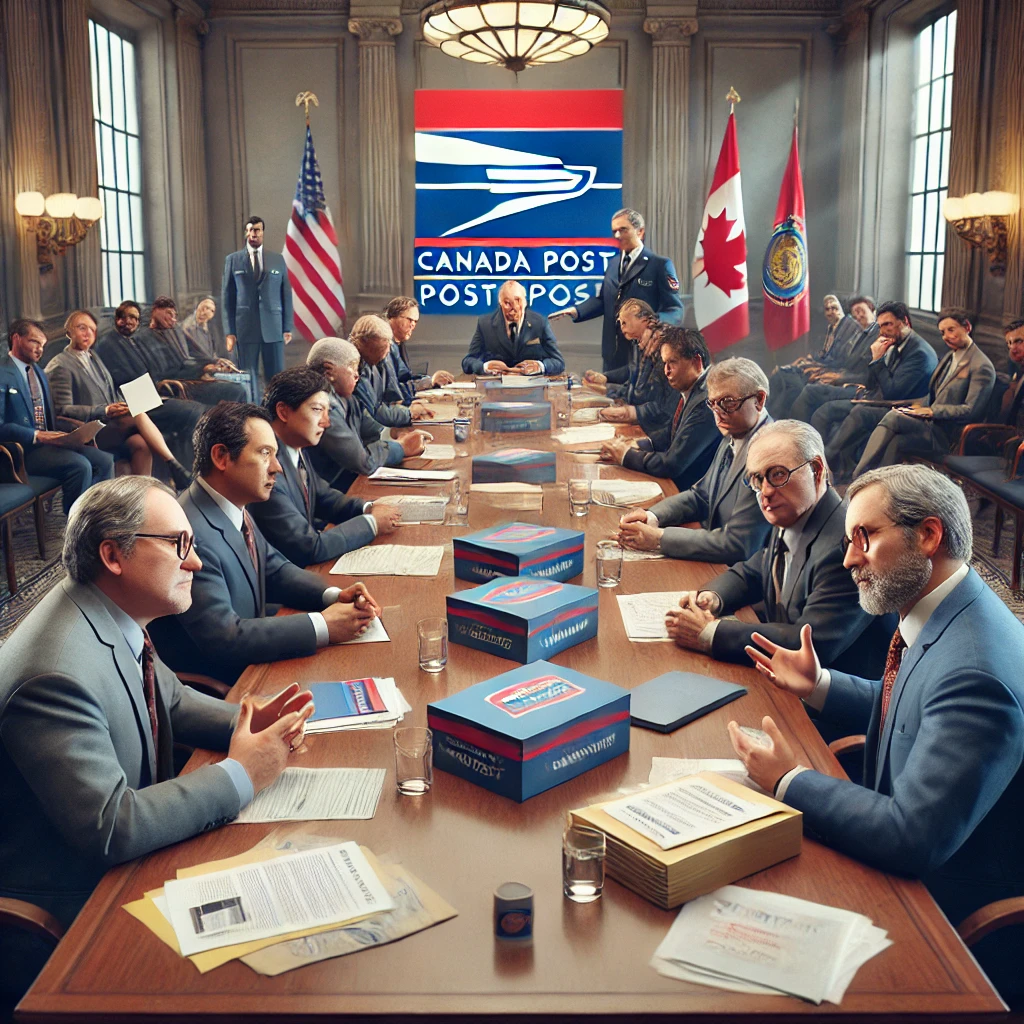Canada Post and the Canadian Union of Postal Workers (CUPW), which represents over 55,000 postal employees, are set to return to the bargaining table this weekend. The two sides will engage in two days of negotiations with the assistance of a mediator.
The renewed talks follow a countrywide strike that ended in December when the federal government intervened, directing the labour board to mandate employees back to work if an agreement wasn’t reached by year-end.
Parallel Discussions and Inquiry
In addition to negotiations, Canada Post and the union are also involved in hearings as part of a federal inquiry examining the structural and business challenges facing the postal service. The inquiry, led by mediator William Kaplan, aims to provide recommendations for achieving a new collective agreement.
“The union hasn’t wavered in its belief that the best collective agreements are the ones reached at the bargaining table. We’re focused on ensuring good, stable jobs for all postal workers and strengthening the public post office,” CUPW stated in a press release Friday.
Key Points of Contention
One of the major sticking points in negotiations is Canada Post’s push to expand weekend delivery in an effort to improve its financial standing. However, the union and Canada Post remain at odds over staffing strategies for the proposed expansion.
CUPW has also taken issue with the federal government’s involvement in the labour dispute, arguing that Ottawa’s intervention undermines workers’ rights. The union is challenging the government’s actions before the Canada Industrial Relations Board, with hearings scheduled for March 3 and 4.
During January negotiations, CUPW claimed that Canada Post attempted to force the union to drop its legal challenge as a condition for further talks. The union argued that such a demand infringed on its legal rights.
Canada Post’s Response
Canada Post did not respond to a request for comment. However, in a Jan. 17 update, the postal service criticized the union’s stance on the constitutional challenge, saying it complicates negotiations.
“CUPW’s position that any new agreements should be subject to later invalidation, pending the union’s ongoing constitutional complaint, makes it impossible to have meaningful negotiations until the complaint is settled with the Canada Industrial Relations Board,” Canada Post stated.
With negotiations set to resume, both sides face pressure to bridge their differences and reach a long-term agreement that addresses both workers’ concerns and Canada Post’s operational challenges.



